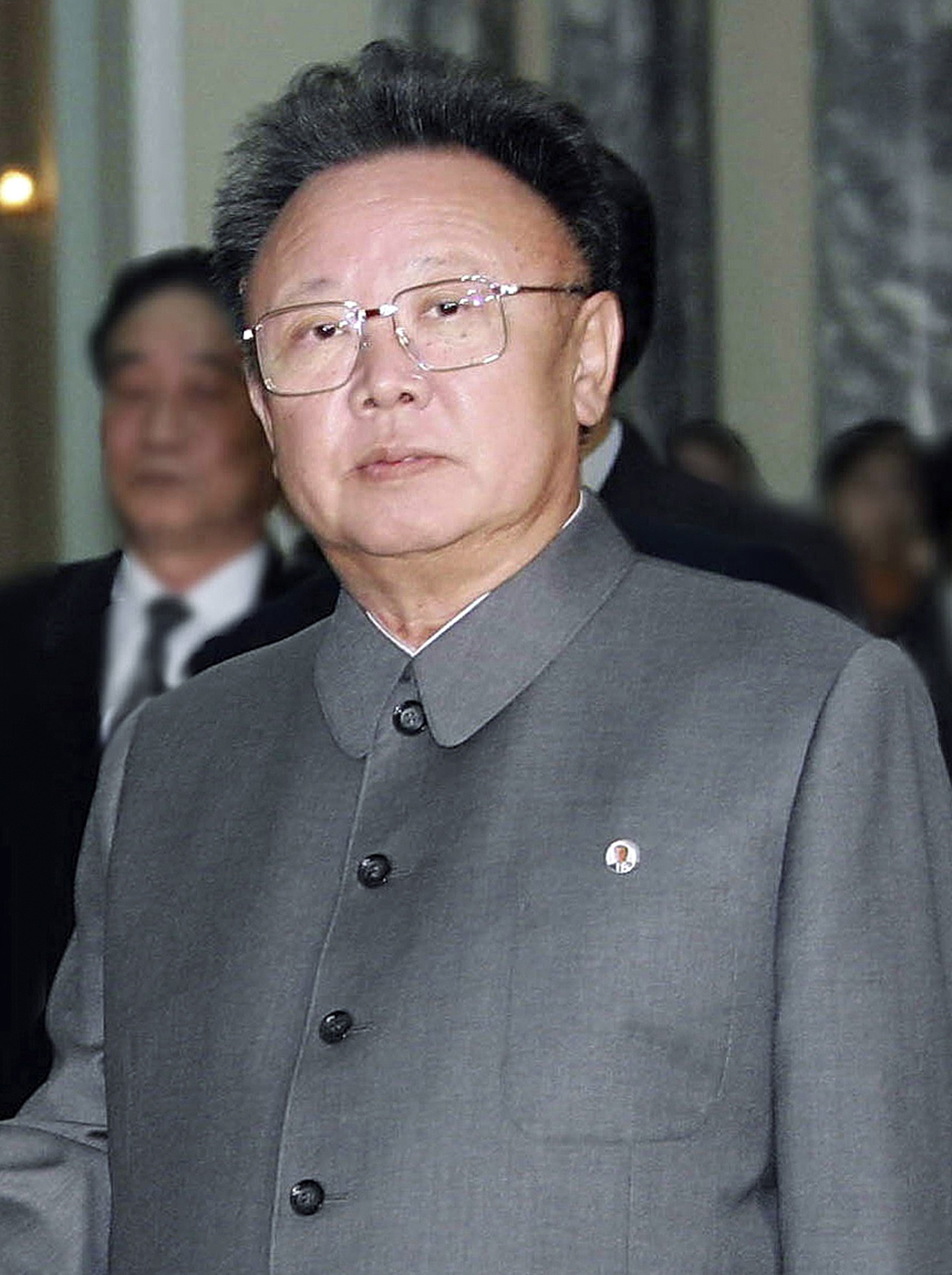Many older Americans perhaps first became aware at a young age of the Far East nation of Korea when they contributed their nickels and dimes in Sunday school early in the 20th century to support Christian missionaries in that distant land.
Korea became more visible in World War II, before and during which it was viciously occupied by Japan. But with Japan's defeat in 1945, Korea came under the control of the Allies.
Unfortunately, Korea was divided at the 38th parallel, with the Soviet Union controlling North Korea, making it a militaristic, aggressive Communist satellite. The United States, with its allies, began turning South Korea into an independent, democratic and economically thriving free nation.
But then the world was shocked on June 25, 1950, when the North Korean Communists -- with Soviet support -- invaded South Korea.
The United States surprised the aggressors when our nation entered the war -- barely in time to prevent Communist victory. After a bloody three-year conflict, the Korean War settled into a bitter stalemate.
The South Koreans fortunately have continued to thrive in freedom, while Communist North Korea has remained oppressive and threatening. Under the rule of dictator Kim Jong Il and his predecessors, starvation has plagued North Korea. Many consider it the cruelest dictatorship on earth.
Now Communist North Korea has announced the death of Kim at the age of 69. He apparently had a heart ailment. In September 2010, he had selected his third son, Kim Jong Un, as his successor.
This time of transition is unsettling, particularly to the people of South Korea, who are regularly menaced by Communist North Korea's military and by the fact that it has nuclear weapons. There is little reason to think the two nations' relations will improve under Kim's successor.
But what a contrast there has been between North and South Korea. What a testament to the fact that individual liberty and free markets produce plenty, and the lack of personal freedoms and free markets produces oppression and poverty.
We rejoice that South Korea remains free and vibrant, and we hope that one day the people of North Korea will be lifted out of the cruel circumstances they have long endured.
